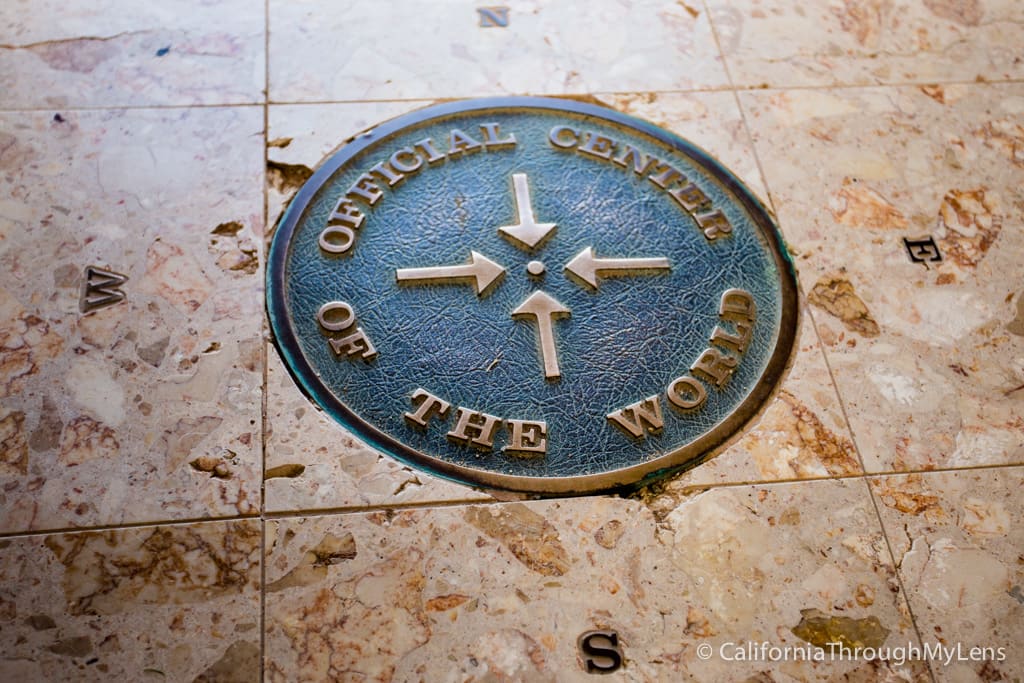
Each day, Jacques-Andre Istel eats in bed at the focal point of the world.
Istel is organizer, city hall leader and postmaster general of Felicity, a stretch of California's Sonora Desert where for almost forty years he has been building a historical center of, y'know... the entire of mankind's set of experiences.
"This doesn't exist elsewhere on this planet," the 94-year-old told AFP.
Which began in 1986 with two little houses has developed into an amphitheater of Istel's fantasies; 2,600 sections of land (1,052 hectares) where the progression of time is set apart by a sundial that utilizes the arm of God - - as painted by Michelangelo in the Sistine Sanctuary - - to create its shaded area.
Close by sits somewhat of an old flight of stairs that used to be important for the Eiffel Pinnacle, its means rising into the deep darkness.
The town's mail center, which Istel has worked since December 1987, gathers and conveys mail for a small bunch of occupants and vacationers. The $1 allowance checks sent by the US Depository consistently are uncashed and outlined.
Istel was chosen city chairman of Felicity not long after it was established in a three-vote avalanche.
The voting forms were projected by Istel, his significant other Felicia, after whom the town is named, and the imperceptible winged serpent that stars in Istel's storybook about the focal point of the world.
(A boss from Magnificent Province, wherein Felicity sits, proclaimed each of the three voting forms substantial, noticing that a mythical serpent's vote was perceived "for the solitary time in California history".)
The 'focal point' of the world
Guests to Felicity - - many sightseers come by each day among October and April - - go into between balanced houses and are confronted with a pyramid.
This is - - authoritatively - - the center of, indeed, everything. Truly. There's administrative work to demonstrate it: Bosses in Majestic District pronounced it so.
Istel recognizes with a gleam in his demeanor that he's utilizing a touch of artistic liberty.
"The focal point of the world can be anyplace," he grins.
Past the pyramid, 723 red stone boards loosen up in topical branches, investigating history, geology, legislative issues, science, style and culture.
Here, a board recounts the tale of bondage in the US; there, one looks at the existence of Alexander the Incomparable.
One chunk manages the conciliatory customs of the Vikings, while another logs America's dietary patterns.
Skydiver
Istel was brought into the world in 1929 into a favored family in the French capital.
He left the country as the Nazis were getting ready to walk on Paris, and ended up in the US.
"I'm here because of the Germans," he says.
"My family battled against them for three ages. My dad left for Britain with [Charles] De Gaulle, my sibling left the French Armed force for Canada and enrolled in the Regal Canadian Flying corps and ultimately passed on, and my mom and most of us kids came to America."
After a degree in financial matters, the youthful Istel went into the family banking business on Money Road.
However, in an apparently symbolic piece of backwardness, he ended up as an expert skydiver, the sort of profession trade dissatisfaction that generally appears to happen the opposite way around.
Looking for thrills beyond a task he didn't actually appreciate, he got his pilot's permit, and did his most memorable parachute bounce.
An outing to Europe acquainted him with the then-anonymous movement of skydiving, a thought Istel took back to the US, where the organization he helped to establish promoted the possibility of sporting skydiving, becoming referred to in certain quarters as the "Father of American skydiving."
Contracts with the military and a thundering regular citizen business made the firm a triumph, and gave the savings to what later became Felicity.
In a review fixed with recollections from an exceptionally full lifetime - - a confirmation from Princeton, pre-war furniture and family photos - - Istel says his exhibition hall isn't a heritage for himself, however a gift to all of humankind.
Maybe it will end up being a position of journey for a long time into the future; or perhaps in seismically-dynamic California it will be obliterated in a horrendous tremor, he muses.
"The silver lining all things considered is that archeologists representing things to come will uncover an extraordinary find," he says.
What's more, assuming that they never track down it? Indeed, that is exactly the way in which the work out some of the time.
"Everything is neglected," he says.
Presently very much into his 10th ten years, Istel makes it clear that things are not pulling back (breakfast in bed is a decades-old custom for him, not an indication of advanced age). He swims day to day and avoids buoyantly up the 49 stages that lead to the sanctuary in Felicity.
There is, all things considered, still such a great amount to do - - very nearly 200 boards are yet to be cut. Furthermore, who can say for sure? The fact that desert space to fill makes there still all.
The greatness of the errand could keep a lesser man conscious around evening time.
Be that as it may, not Istel.
"I rest soundly. Be that as it may, I truly do ponder the following boards," he says.
"At Felicity we don't get things done by equal parts. We do them appropriately or we don't do them by any means."






Comments
There are no comments for this story
Be the first to respond and start the conversation.